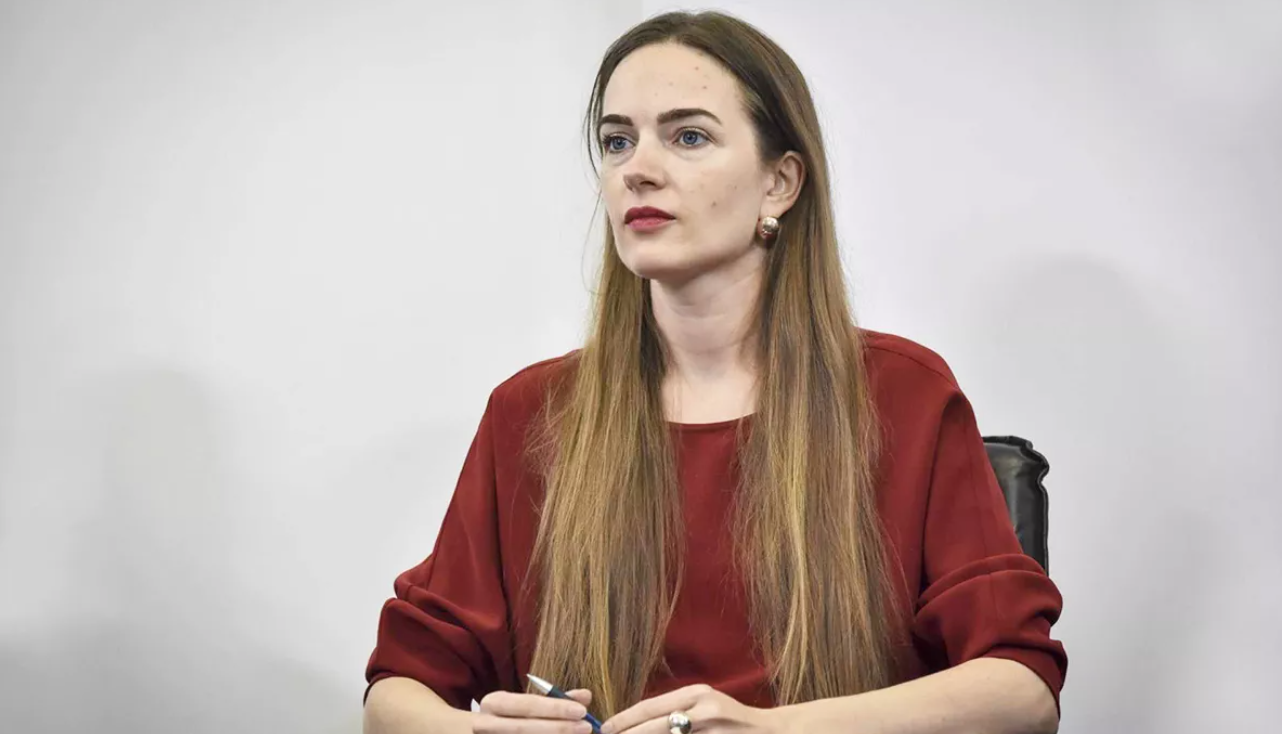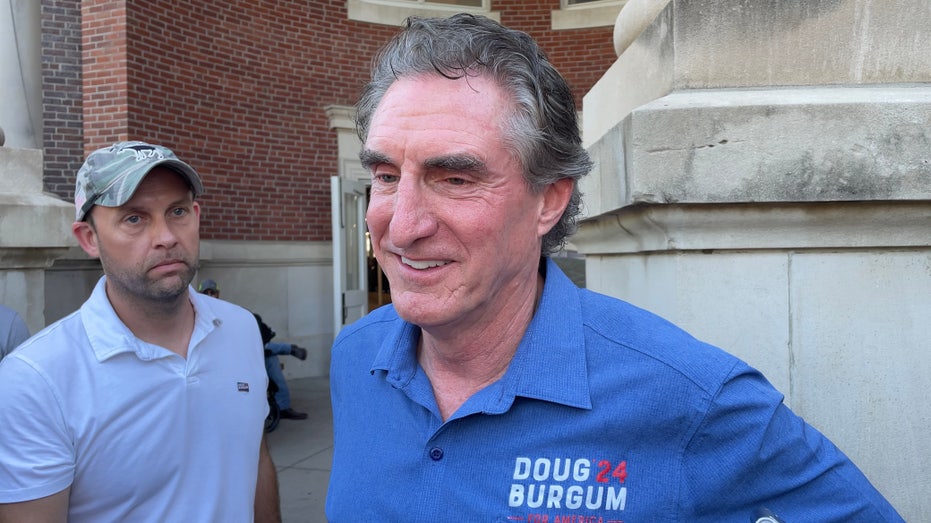It’s not Ukraine fatigue, it’s fear: Nobel Peace Prize laureate on Western reluctance to help Ukraine win
At Lviv Book Forum Oleksandra Matviychuk urged to explore of legal avenues to access frozen Russian assets in Western countries to aid recovery efforts and discussed the West's reluctance to send enough weapons to Ukraine. The post It’s not Ukraine fatigue, it’s fear: Nobel Peace Prize laureate on Western reluctance to help Ukraine win appeared first on Euromaidan Press.

In a speech delivered at the 2003 Book Forum in Lviv, Oleksandra Matviychuk, the head of the Centre for Civil Liberties and the 2022 Nobel Peace Prize winner, pointed out that the lack of a coherent strategy has hindered politicians around the world from taking decisive action. She argued that the West faces not fatigue but a shortage of political leadership and historical responsibility.
As for your question about whether I feel fatigue from the war in Ukraine after speaking on the international stage for 1.5 years, I think it’s essential to clearly understand what we’re dealing with. If it were fatigue, then decisive steps should have been taken.
“It’s clear what’s needed to help Ukraine win quickly. We are still at the level of “let’s help Ukraine not lose.” There’s a huge difference between “let’s help Ukraine not lose” and “let’s help Ukraine win quickly.”
We can practically measure this difference in the types of weapons we receive, the speed of decisions, and the seriousness of sanctions. So, if the international community is fatigued from this situation, it needs to finally shift to the level of “let’s help Ukraine win quickly” and end this situation.
We’re dealing with something else. We’re dealing with fear. Fear of taking decisive actions. Because if Ukraine has to win, it means Russia has to lose. What will happen if Russia loses? What will happen to a 140-million nuclear state?
This lack of long-term strategy is keeping politicians from different countries from taking decisive steps. And I believe we’re dealing not with fatigue but with a lack of political leadership and historical responsibility,” Matviychuk said.
Highlighting Russia’s preparations for a prolonged war, Matviychuk urged Ukraine to prioritize economic stability with the program of “Recovery now.” She underscored the importance of not solely relying on international aid and suggested exploring legal mechanisms to access frozen Russian state assets in Western countries, which could be directed towards Ukraine’s recovery.
“I would like to emphasize that we can rely not only on the funds from Western taxpayers. In the West, there are frozen 1.5 trillion rubles. These are Russian state assets. We need to find legal mechanisms to use them for Ukraine’s recovery.”
Matviychuk emphasized the profound and devastating consequences of Russian occupation.
“I have been documenting Russian war crimes for 9 years, and I can definitely say that occupation is not just a change of one state’s rule to another. Occupation involves the disappearance, oppression, forced deportation of Ukrainian people, erasure of their identity, filtration camps, and mass graves. When we talk about peace, we are talking about the possibility for people to live without the fear of violence and to have a long-term future. And this is the peace we are fighting for,” Matviychuk stated.
Critiquing calls for Ukraine to cease its efforts to resist Russian aggression in favor of appeasing Russia’s imperial ambitions, Matviychuk condemned such notions as not only mistaken but also morally wrong. She stressed that Ukraine cannot abandon the people living in occupied territories to suffer and die in torturous conditions.
Ukrainian volunteer award honors ordinary people doing extraordinary things
Matviychuk urged international partners to convey the message that restoration efforts are needed immediately, calling for the development and implementation of strategies for local communities, investment support, and a focus on economic resilience. However, Matviychuk stressed that Ukraine’s recovery should not merely involve rebuilding what was destroyed but should present an opportunity for modernization. She proposed shifting the focus from “Recovery” to “Modernization” to transform Ukraine into a stronger, more resilient nation.
This is a war between authoritarianism and democracy – Ukrainian Nobel Prize winner
The post It’s not Ukraine fatigue, it’s fear: Nobel Peace Prize laureate on Western reluctance to help Ukraine win appeared first on Euromaidan Press.


